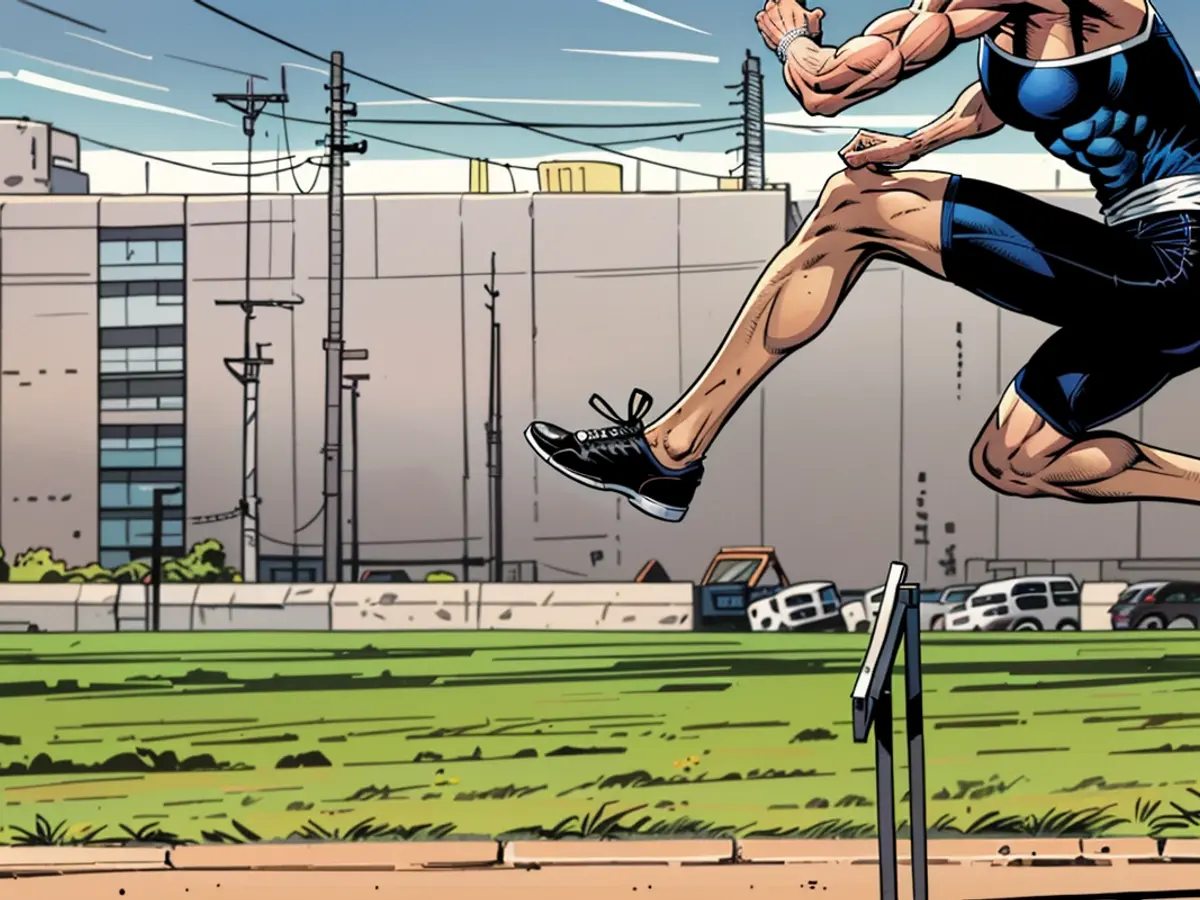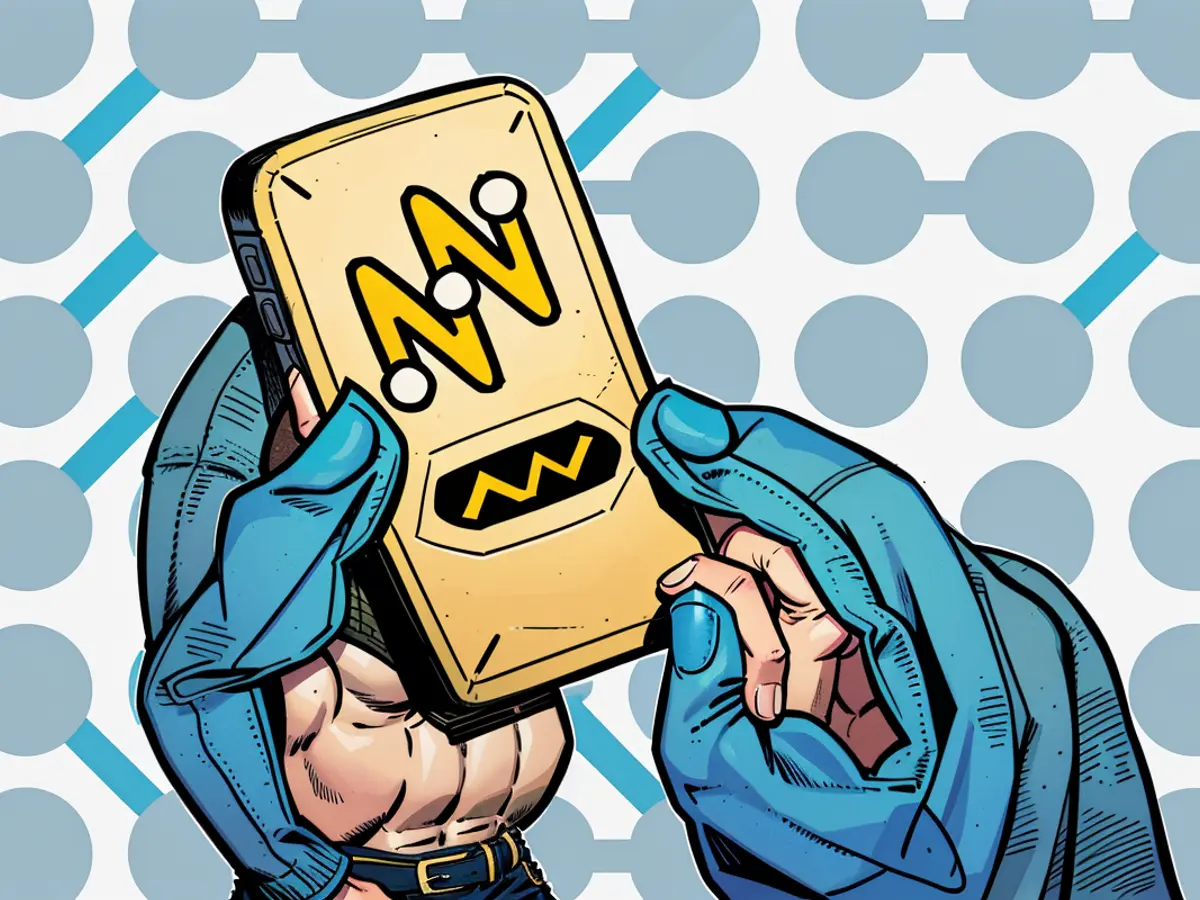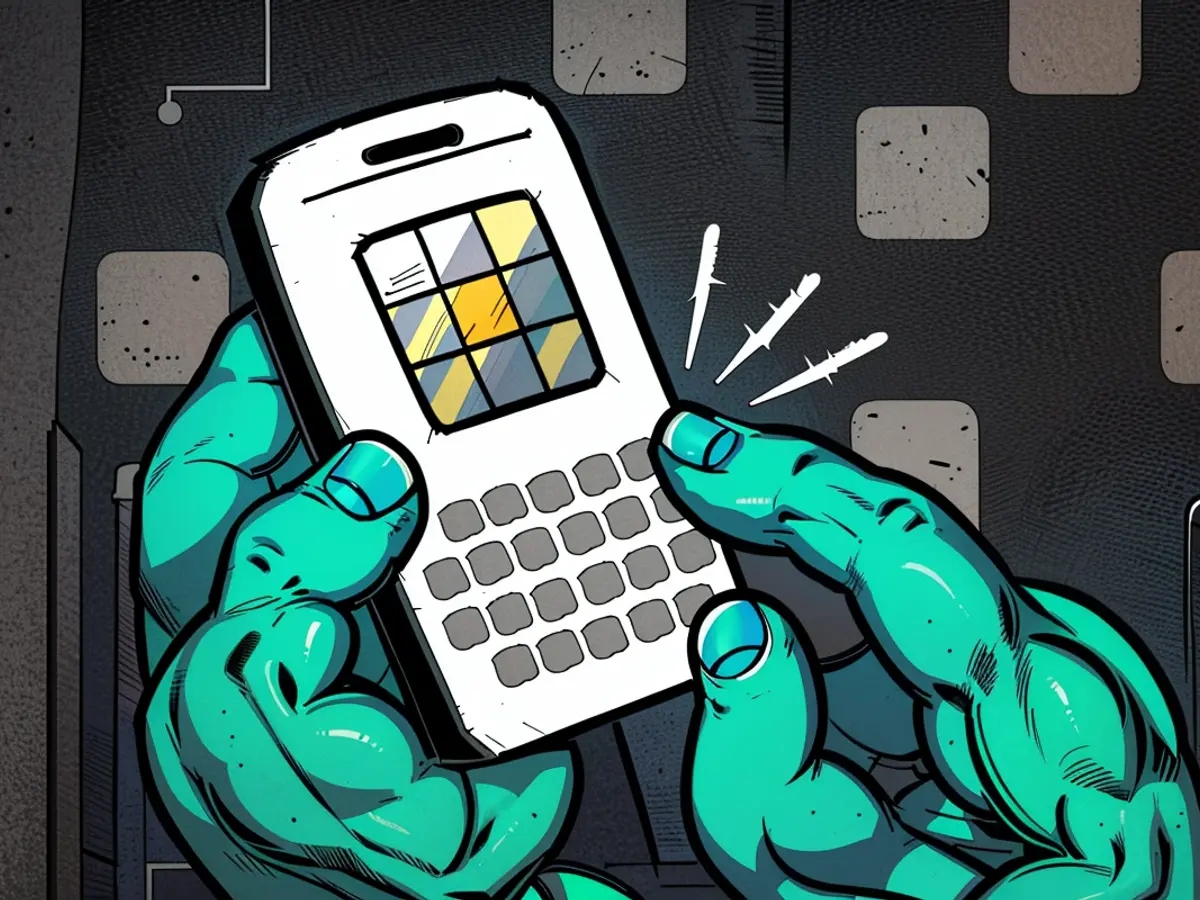My Favorite Highlights and Drama From Day 13 of the Olympics
The Paris Olympics are nearing the finish line, and like a great marathon runner, the games are finishing strong. I don’t know if today was the single most dramatic day in the history of the Olympics (I wasn't around in ancient Greece) but let's say it was. All of this happened within a few hours in Paris:
Men’s200m drama: Going into the games, the heavy favorite for the men’s 200M was USA’s Noah Lyles. But this race proved that you’re not the winner until you win. Letsile Tebogo from Botswana shocked the world by coming out of nowhere, running the race of his life, and taking home a gold medal, the first gold medal Botswana has ever won. Lyles came in third, but there was a plot twist: After the race, Lyles revealed that he had been diagnosed with COVID earlier in the day. So he's the third-fastest human on earth when he has COVID.
Women’s javelin upset: Lyles wasn’t the only favorite defeated today: Pakistan’s Arshad Nadeem won the javelin gold medal, defeating Indian hero Neeraj Chopra with an Olympic-record-breaking throw of 92.97 meters.
USA men's basketball was actually interesting: It’s understandable that our men’s and women’s basketball teams are so overpowering—it’s our sport—but it usually doesn’t make for dramatic games. Today was a rare exception. Lebron James, Steph Curry, and company were down 13 at half time in their game against Serbia, and watching Team USA grind back to squeak out a 95-91 victory was amazing. USA will now advance to the gold medal game against France on Saturday. Which should be incredibly exciting.
Sydney McLaughlin-Levron sets world record: USA’s track and field beast Sydney McLaughlin-Levron set a new world record of 50.37 seconds in the 400-meter hurdles, won a gold medal, and became the first woman ever to win two Olympic 400-meter hurdles gold medals.
Refugee Olympian wins medal: Boxer Cindy Ngamba grew up in Cameroon but became a refugee from her home nation after coming out as gay in 2021. She lost her gold medal fight against Panama boxer Atheyna Bylon, but won the bronze, becoming the first Refugee Team member to medal in Olympics history.
What would it take for you to become an athlete in the next Olympics?
If you're like me, you’ve got Olympics fever, and you’re inspired to train for the next games. So what should you, a non-athlete, do to become an Olympian in 2028? The obvious answer is to give up on your dreams immediately, but there are some legitimate (kind of) pathways for someone to get in. It's a long shot, sure, but it could happen.
In 2006, Kathryn Bertine, a self-described "decently talented but by no means gifted" athlete, was bankrolled by ESPN and given the assignment to spend two years doing nothing but trying to get into the 2008 Olympics. Bertine tried handball, open water swimming, and modern pentathlon, but settled on cycling. After becoming a citizen of Saint Kitts and Nevis, she very nearly succeeded in representing them in the games, but didn’t qualify in the end. Bertine did end up writing an awesome book about the experience, though.
Bertine, I feel, had a flawed strategy. She should have focused on sharp-shooting, archery, or the dressage equestrian events. This is my plan. Because I am ignorant and have an unhealthy level of personal confidence, I feel like I could become good enough at these events in four years to compete on the world stage. How hard is it to shoot an air-rifle at a target? And all you need to be good at dressage is a talented horse, right?
If I do manage to get into the games in a newly adopted sport, I wouldn't be the first. Here are some of my own personal Olympic heroes:
Eric "The Eel" Moussambani Malonga: The Eel found his way into the 2000 Olympics via a drawing held in Equatorial Guinea that was designed to encourage participation among developing countries lacking full training facilities. He had never swum in an Olympic-sized swimming pool before arriving to compete in the 100 m freestyle. Despite finishing with by far the slowest time in Olympics history, the other two swimmers in his heat were disqualified for false starts, so The Eel won his heat. It's a weirdly moving story. Check it out:
Alexandra Burghardt: Burghardt won a silver medal at the Winter Games in 2022 in two-person bob-sledding, even though she had only taken up the sport six months before. She was the person who pushed the cart and hopped in while her partner did the driving. (It might have helped that Burghardt was an Olympic sprinter, though.)
Elizabeth Swaney: Swaney participated in freestyle skiing in the 2018 games, despite being, at best, an intermediate level skier. To qualify for the Olympics, Swaney, an American, represented Hungary, who didn’t have their quota filled for female skiers. To qualify for the Olympic freestyle skiing competition, athletes must finish in the top 30 at a number of international freestyle skiing events. So Swaney entered events with fewer than 30 participants and was able to back-door her way into the Olympic Games. She came in last, finishing 13 points behind an athlete who fell on both of her runs. I can't find any information about this, but I imagine she had to pay her own way to all these events. Here’s her performance.
On day 13 of the Paris Olympics, the spectators were treated to an unexpected win in the men's 200m event, as Letsile Tebogo from Botswana outperformed favorites to claim the gold, breaking Botswana's drought of Olympic gold medals. Meanwhile, in the entertainment sector, USA's Lebron James led a dramatic comeback in the men's basketball, securing a victory against Serbia and advancing to the gold medal game, which promises to be an exciting clash against France.








